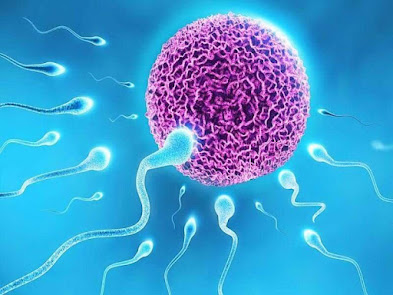Is Your Period Normal? Understanding Common Menstrual Issues

Every woman’s menstrual cycle is unique, but there are some common issues that many experience. If you're wondering if your period is normal, it's essential to understand what's considered typical and when to seek professional help. A regular menstrual cycle usually occurs every 21 to 35 days, lasting about 3 to 7 days. However, it’s important to remember that what’s normal for one woman might differ for another. Factors like stress, diet, and overall health can influence your cycle. Also Read: Laparoscopic Surgeon in Indore Common Menstrual Issues · Painful Periods (Dysmenorrhea): Cramping and discomfort are common during menstruation, but severe pain might indicate an underlying issue. · Heavy Bleeding (Menorrhagia): Soaking through more than one pad or tampon per hour, experiencing prolonged bleeding, or needing to change sanitary products frequently can be a cause for concern. · ...








